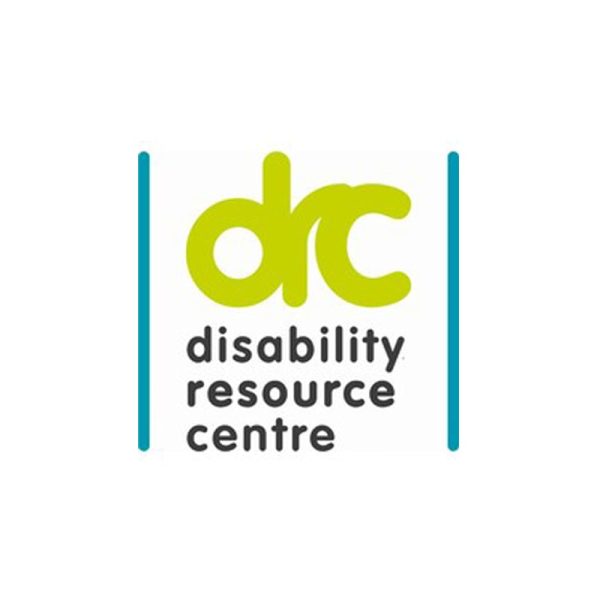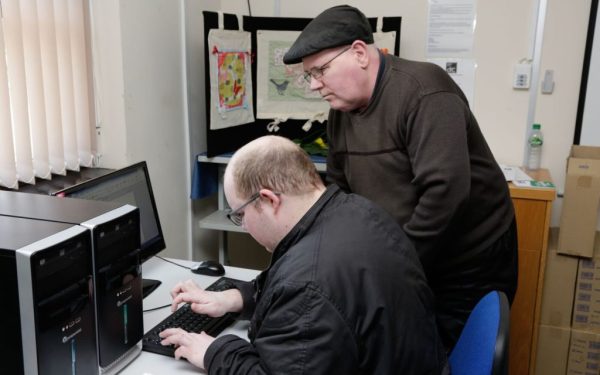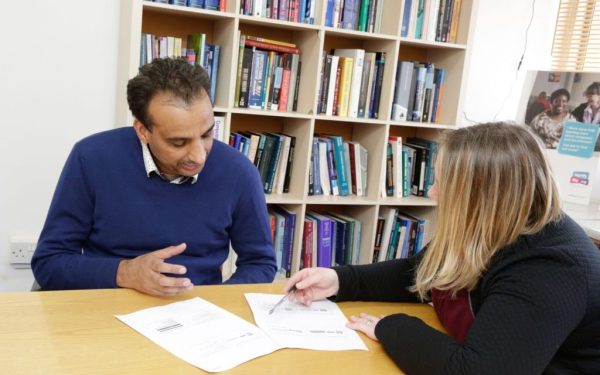Birmingham Disability Resource Centre
Positive Pathways
Positive Pathways

Birmingham Disability Resource Centre’s Positive Pathways project engages with adults with disabilities across the West Midlands and South Staffordshire, working with them on individually-tailored pathways towards recovery using a person-centred approach through education, volunteering, and employment.
The Birmingham Disability Resource Centre, established in 1992 and operated by and for people with disabilities, including those with physical disability, learning disability, sensory impairment, long-term health conditions, and mental ill-health, successfully completed its £45,000 grant-funded project. The project spanned three years and engaged with over 400 individuals through Four Positive Pathways courses delivered weekly and 24 Opportunities Hubs delivered quarterly..
Positive Pathways achieved its mission of assisting individuals with disabilities and those with long-term conditions in their pursuit of employment, training, or volunteering opportunities. The majority of beneficiaries were unemployed, with many lacking fundamental skills such as literacy, numeracy, and core skill training. They also faced challenges related to the absence of relevant work experience, appropriate qualifications, and up-to-date vocational skills.


The project delivered support through three primary avenues. Firstly, the ‘Opportunities for Life’ programme, which equipped disabled individuals with the necessary skills, knowledge, and confidence to progress towards employment successfully. Secondly, the Opportunities Hub provided a welcoming space for individuals who had participated in employment programmes, offering additional support as needed. The third component encompassed mentoring and guidance, ensuring that all participants engaged through Positive Pathways received their entitled benefits and that any broader obstacles hindering their participation were effectively addressed. As a result of this initiative, over 120 individuals with disabilities and long-term conditions successfully transitioned into employment, training, or volunteering roles. The project not only empowered them with the essential skills and confidence but also facilitated their access to support services, thereby fostering greater inclusivity and self-sufficiency within the community.
